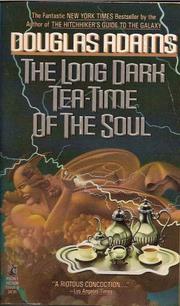Monday, February 8, 2010
Half Broke Horses by Jeannette Walls
My brother sent me this book for my birthday, which was last Friday. As soon as I unwrapped the package, I cracked open the book and started reading the first chapter. Now I'm about half way through it, so I guess I'm reading it, even though I'm not done with True Compass yet. I often read quick fiction books while I'm reading longer, more time consuming non-fiction because I'm such a slow non-fiction reader. The suspense and escapism of fiction holds me to the story and keeps me pushing forward, but the facts and ideas in non-fiction cause my brain to head out on long tangents so that I often find myself staring off into space wrapped in some internal monologue instead of actually reading the book in my lap. At any rate, I can say already that Half Broke Horses is great and well worth the detour. I highly recommend it (I'm particularly looking at you, Cousin Amy), but you should read Walls' memoir, The Glass Castle, first.
Monday, February 1, 2010
True Compass
Teddy talks about a trip through Central and South America fact-finding for Jack during his presidency. They were curious about issues of nationalism and independence movements and socioeconomic situations in light of the Cold War and the spread of communism into poor countries fighting for sovreignty and development. Teddy shares that he and Jack felt that mostly the people in these countries were reaching out to the US and our ideals of freedom and democracy, but they were also desperate for technology and a helping hand out of poverty and the communists were providing for more of their needs. EMK talks about tiny villages generating just enough electricity to power a few small radios around which the entire village would gather to hear the news from the outside world - and the only station broadcasting to them was out of Havana. JFK's view was for the US to help these countries improve their technology to improve the lives of the people to win them over to American style capitalist democracy instead of forcing them at gunpoint. The tragedy of his assassination and the reality of the wars that would follow so closely afterward and the consequences to the rest of the world and our history are staggering. We could use a little more of this kind of thinking and foreign policy today. Read Three Cups of Tea!
Subscribe to:
Posts (Atom)

